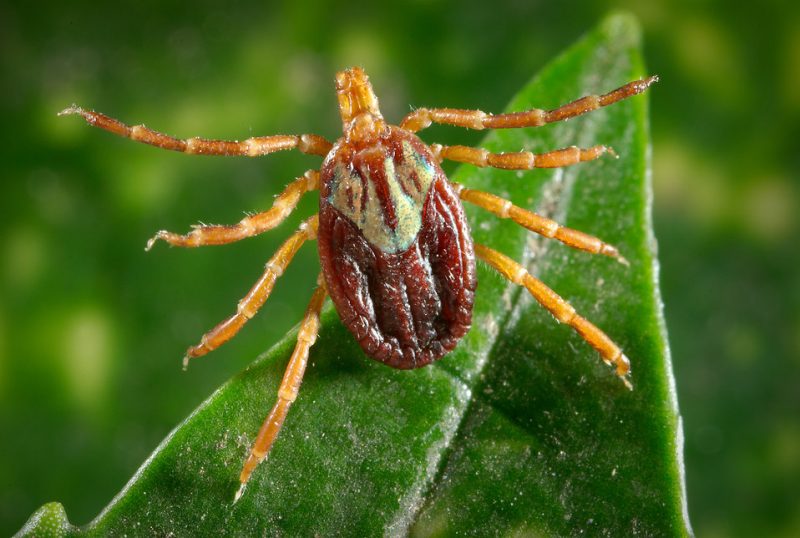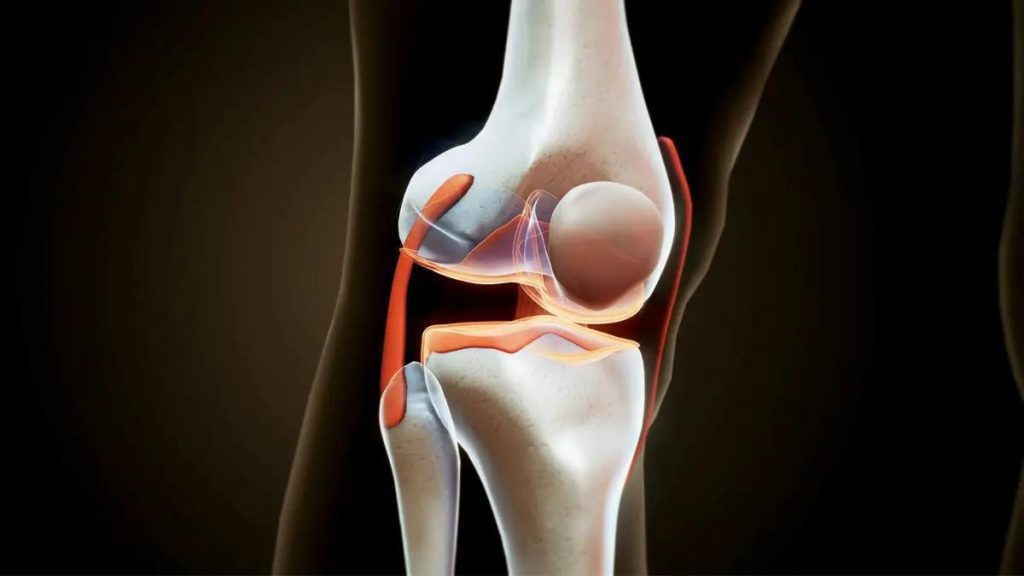- A rare tick-borne virus called Powassan has been found in Massachusetts for the first time in the town of Sharon.
- Powassan can cause serious illnesses like meningitis or encephalitis, and can be fatal in 10% of cases.
- There is no cure or specific treatment, but you can prevent infection by using tick repellent and checking yourself for ticks after being outdoors.
A rare tick-borne disease, Powassan virus, has emerged in Massachusetts, specifically in Sharon, raising concerns among health officials. This report delves into the recent case, symptoms, prevention measures, and the seriousness of this viral infection.
Powassan Virus Emerges in Sharon, Massachusetts
Sharon health officials have confirmed the first case of Powassan virus in the town, marking a significant health alert. Powassan virus, a potentially fatal disease transmitted by black-legged ticks, has never before been reported in this area.
While the identity of the infected individual has not been disclosed, residents are strongly advised to take immediate precautions against tick bites. The town’s website emphasizes the urgency of this situation and the importance of preventive measures.
What is Powassan Virus?
Powassan virus, a rare but serious illness, has been diagnosed in only 16 cases in Massachusetts over the last decade. While most individuals exposed to the virus do not become ill, some can develop severe conditions such as meningitis or encephalitis.
Symptoms and Severity
Symptoms of Powassan virus include fever, headache, vomiting, weakness, confusion, and seizures, typically appearing within one week to a month after a tick bite. Severe cases can lead to long-term health issues or even death, particularly among those hospitalized.
Expert Insights
Dr. Goudarz Molaei, director of Tick-Borne Illnesses at the Connecticut Agricultural Experiment Station, warns that approximately 40% of hospitalized patients with Powassan virus do not survive, and survivors may experience lasting neurological effects.
Prevention and Protection
Given the ease of transmission of the Powassan virus, which requires only a short tick bite, prevention is crucial. Health officials recommend using tick repellent with DEET, wearing protective clothing, and staying on designated trails when outdoors. Additionally, checking for ticks and promptly showering after outdoor activities can reduce the risk of infection.
Experts predict a higher prevalence of ticks in 2024 due to the warm winter, increasing the risk of tick-borne illnesses like the Powassan virus. Individuals need to be vigilant and take preventive measures.
The emergence of the Powassan virus in Sharon, Massachusetts, highlights the importance of awareness and precautionary measures against tick bites. By following guidelines from health officials and taking proactive steps, residents can reduce the risk of contracting this serious illness. Stay informed and stay safe.
Tags: Powassan Virus, Massachusetts, Sharon health officials, tick bites, Tick-borne diseases, Powassan virus symptoms, Powassan virus prevention, Powassan virus transmission, Powassan virus cases, Powassan virus treatment








